OPPO Find X review: the most original smartphone of 2018
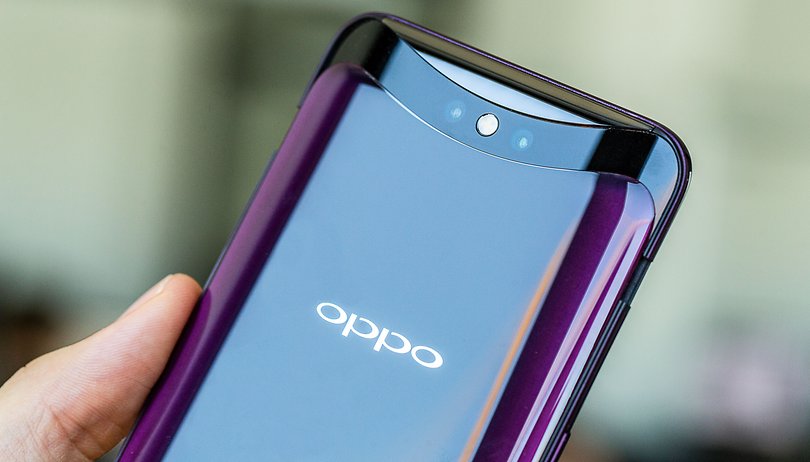

OPPO is defying the competition with a new flagship: the Find X. This is a smartphone that's impressive at first glance thanks to its innovative design, and furthermore, the Chinese brand has always stood out by daring to propose something new with its devices. The Find X is the most recent successful example. But beyond the retractable camera, how does it fare in everyday use? Is it prepared to take on its fair share of competitors?
Good
- Innovative design
- Fast charging
- Good photos in good lighting conditions
- Unlocks with fast and precise face recognition
- Dual SIM
Bad
- High price
- No wireless charging
- No IP6x certification
- Non-expandable memory
- No NFC
- Mono speaker
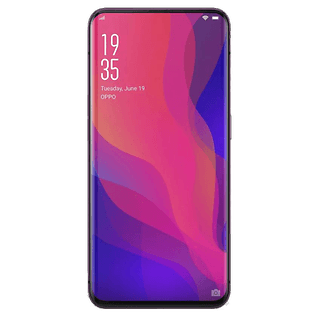
A frightening price
With its launch event on June 19 in Paris at the Louvre, the OPPO Find X has made its way to the west. The Chinese manufacturer’s flagship is currently available on Amazon for just under $1,000 and comes in blue and burgundy.
That price is more expensive than the Huawei P20 Pro, and about the same as the the Samsung Galaxy Note 9. The price tag certainly isn't modest, even if you compare it to the most expensive flagships of 2018. Does this mean OPPO won't be able to win over users outside of China?
The Find X costs around $1,000, which is more than the Huawei P20 Pro, and about the same as the Samsung Galaxy Note 9.
The brand has also released a version made in a partnership with Lamborghini that will have a price of 1699 euros (around $1,965). Unlike the basic model, this special edition will have 512 or 256 GB of internal memory and will use Super VOOC charging technology.
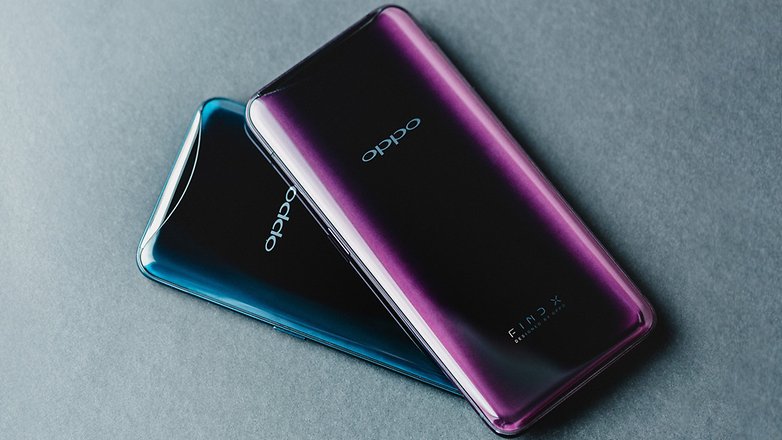
The device comes with a pair of headphones, the VOOC Charge adapter, the type-C USB charger, a pin to extract the slot dedicated to SIM, an adapter for the headphone jack, a protective cover, and the instruction manuals.
Outstanding design
OPPO is trying to change the concept of the smartphone with the Find X. This time around, the Chinese flagship isn't trying to imitate the problematic iPhone X. OPPO has instead gone for a unique design , which isn’t a thing that you can often say in the world of smartphones today.
The front panel is completely occupied by the Panoramic Arc Display. It comes without the notch.
The smartphone is made up of curved 3D glass in the front and back. On the front, the bezels around the screen are almost non-existent, which results in a screen/body ratio of 93.8%. There’s no notch and the front panel is occupied completely by the Panoramic Arc Display (this is the official name), but the main surprise hides on top of the phone.
You can turn on the Find X and launch the camera from the top of the device. The dual camera and LED flash are in the middle, and in the front there’s a camera for selfies that is also used to unlock the device with face recognition. The cameras pop out quickly (according to OPPO 0.06 seconds is required for the whole mechanism), and when they’re covered, the Find X looks like a thin glass plate with the brand’s logo on the back.
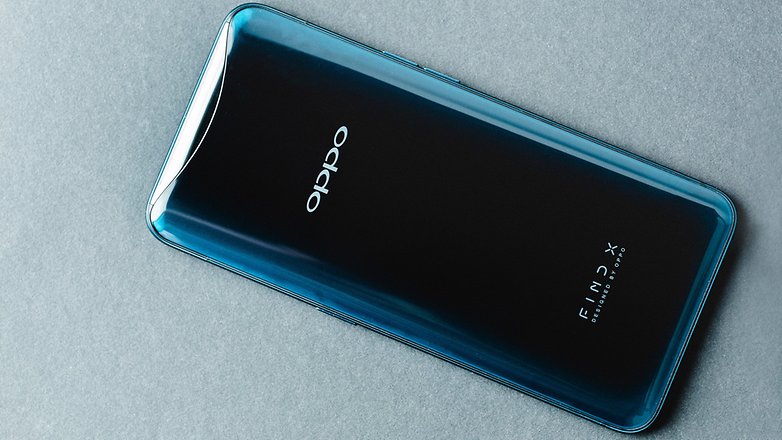
It’s impressive that OPPO has made stylistic choices that most brands wouldn’t make (although from the front, with the screen off, the Find X reminded me of Samsung’s Galaxy S line). The concerning thing is the durability of the retractable component: OPPO guarantees 300,000 movements. We're not certain that this component can survive a fall on the ground, since we didn't have the courage to test it. But you can "reinsert" it back into the device with your hand without breaking it.
The device tends to slip away when laid on smooth surfaces.
The Find X is a large smartphone with dimensions of 156.7x74.2x9.4 mm and a weight of 186 grams (6 grams more than the P20 Pro, but still lighter than the new Note 9). Like all glass devices, it easily attracts your fingers to the body, and although it remains firm in your hand, it tends to slip away when placed on a smooth surface.
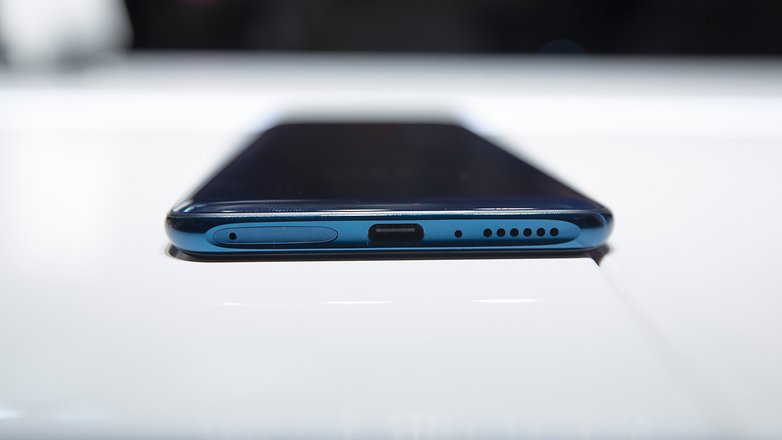
Along the lower edge next to the Type-C USB port, it also houses a slot that allows two non-SIMs to be used. The device doesn't support microSD or a headphone jack, which is an understandable design choice when you look at everything else it offers. It also doesn't offer IP6x certification, but is splash-proof.
OPPO managed to surprise me with the Find X and also solved one of the problems that most new smartphones have with the protruding camera. Nice work, OPPO!
There’s no fingerprint reader
We expected that we’d find the fingerprint reader under the screen, like the one integrated by Huawei on the Mate RS Porsche Design, but OPPO decided not to offer this feature. It’s a minimalist design in the front and back, which only leaves space for the 3D facial scanner, integrated in the front camera’s pop-up.
When you press on the power key, the retractable mechanism is activated before the display is active.
OPPO offers two modes for unlocking face recognition: swipe up on the active screen or press the power button to unlock the screen and make the camera pop up. The first feature is active by default, but I found the second option more practical. Note that when you press the power button, the pop-up mechanism is activated before the display turns on.
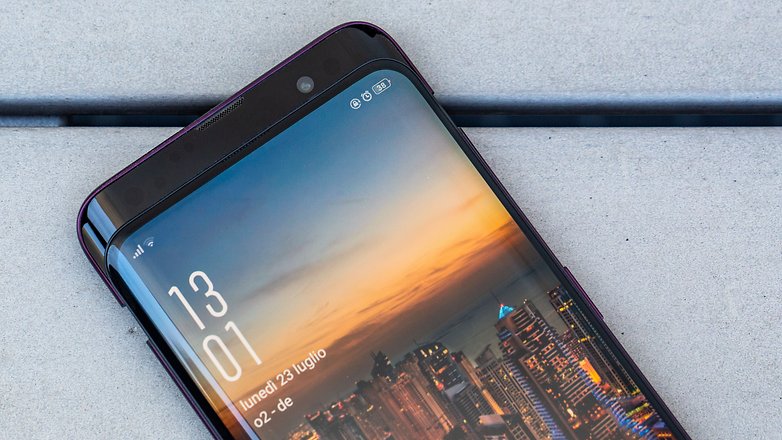
The system is similar to the one used by Apple: thanks to advanced 3D structured light technology, 15,000 points are projected on the user's face, which creates a complete 3D model that compares it to the previously recorded one.
The facial recognition system can also be used on Find X for payments on WeChat, the most widely used instant messaging app in China.
Contrary to what Huawei did on the Mate RS, OPPO is forcing its users to confront this new unlocking system, which should still be safer than the traditional fingerprint reader. Unfortunately, we weren’t able to test its speed. We hope it doesn’t disappoint in everyday use.
Goodbye to the notch and unnecessary edges
It’s become difficult to find new high-end smartphones that have a display without a notch . There are exceptions such as Samsung, for example, or OPPO’s new Find X. The Chinese company has decided to get rid of it, just like the Vivo Nex S has already done.
This means OPPO offers a high screen-to-body ratio display that is virtually free of flutter and frames. The front camera for the selfie is there, but only enters the scene when it’s necessary. The same is true for the sensor for facial recognition.
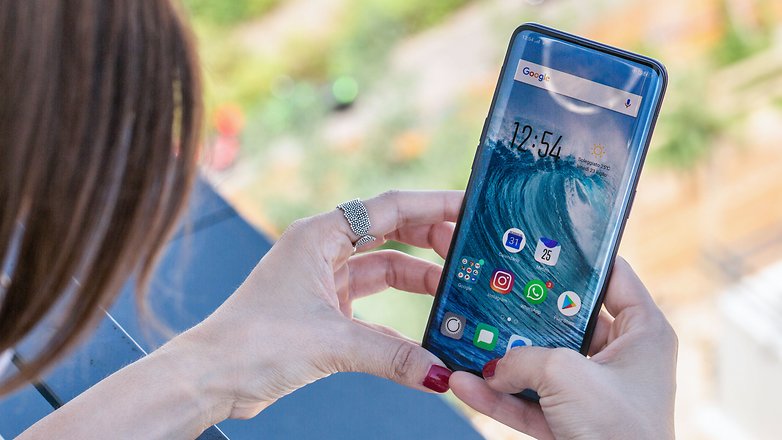
With a 19:9 aspect ratio and a 6.42-inch diagonal, the display will meet the needs of gamers and fans of TV, movies and multimedia content in general (certified for Widevine Level 1 high definition streaming). OPPO’s Find X uses a curved dual-edge OLED panel with FHD+ resolution resulting in 401ppi that does well even if it doesn't reach the level of the OLEDs mounted on Samsung flagships:
Special functions hidden in the display
Some of the special functions on the Find X are hidden in the display . In the dedicated settings you'll find the Panoramic Light Effect that will illuminate the three edges of the display when you receive notifications and calls (a similar function is also available on Galaxy S). It's great when you're in a dark room. You can customize color tones as well as activate incoming notifications and/or calls.
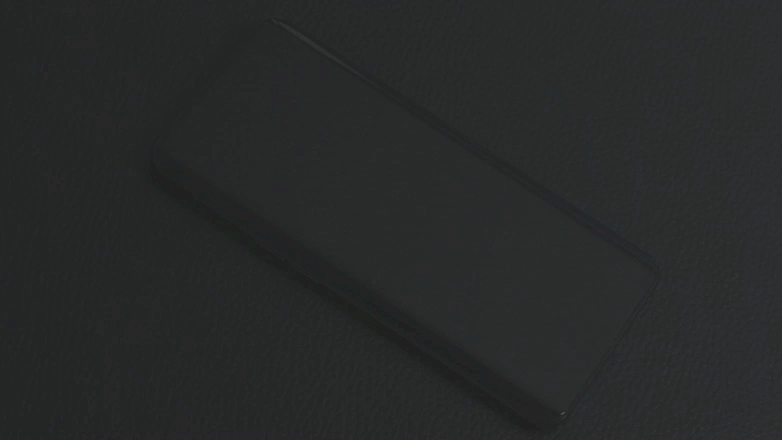
The curved edges of the display house two gems: you can slide down with two taps to switch to recent apps while placing both hands simultaneously along the edges and sliding your fingers in the opposite direction activates the multi window. It also features Always On Display mode (under the name Screen Clock), which shows the time, missed calls and text messages.
ColorOS: always better but still needs to be improved
The Find X arrived in our hands with ColorOS 5.1 based on Android 8.1 Oreo. The security patches are updated up to May 5th. OPPO has a highly customized interface, as is often the case with Chinese brands. The model with international software comes with Google's integrated service package, including the Play Store. You won't find much pre-installed bloatware or an app drawer, since all the apps are displayed on the screen.
An upgrade to Android 9.0 Pie should come soon. The device also comes with Google Assistant and Google Lens.
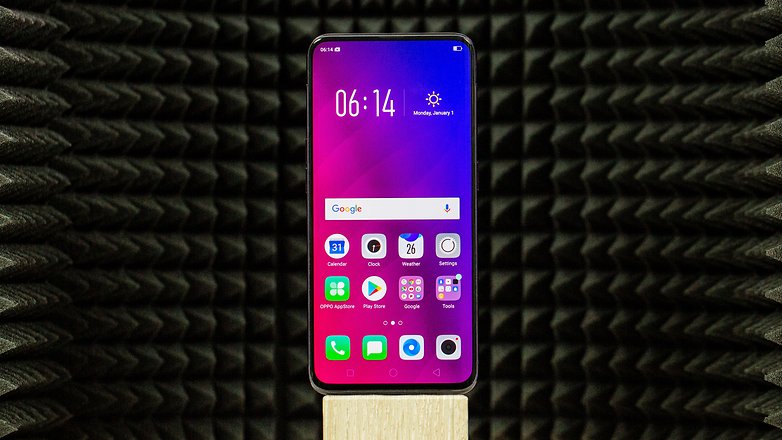
In the home screen section of the settings you will find backgrounds and themes to apply to customize your device, some of which are free and some are paid. You can navigate the system through gestures you'll have to get used to or... quickly abandon them to return to the classic navigation keys. That's at least what I've down, it will take time to get used to it. One small note: they're not active by default.
ColorOS is fluid, fast and pleasant to use, but there are still some problems.
I found the integrated intelligent assistant convenient, which optimizes resource management and makes personalized information on the screen accessible with a swipe from left to right: weather forecast, pedometer, photos, contacts, events, online orders, route management. Everything can be customized according to your needs.
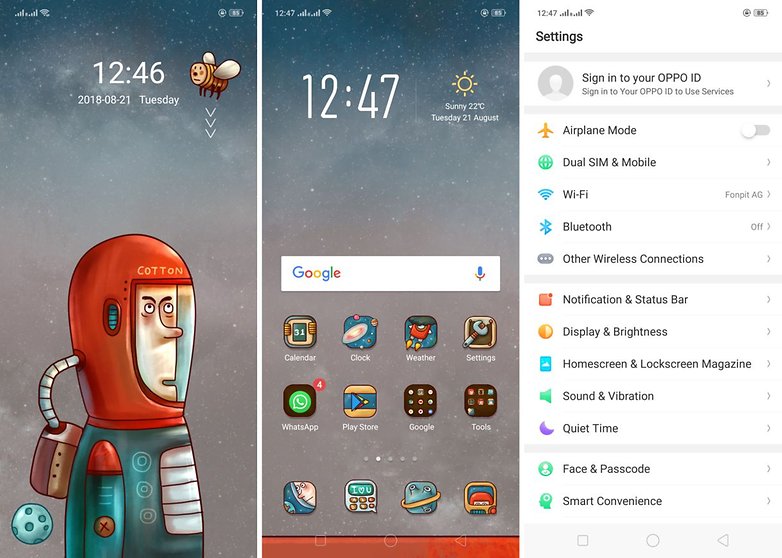
You'll find useful features on the Find X such as the Clone app (offered by Huawei and useful for two accounts at the same time, Instagram, WhatsApp, etc.). Game Space (for an optimized gaming experience and without distractions), App split screen (just hold down the multitasking button to split the screen), Private Security (to protect your most private content), Children's Space (to control the activities of children) and Protect Personal Information (which provides empty information to apps that try to read information such as history, contacts, messages and events). There is also an integrated Phone Manager very similar to Huawei devices.
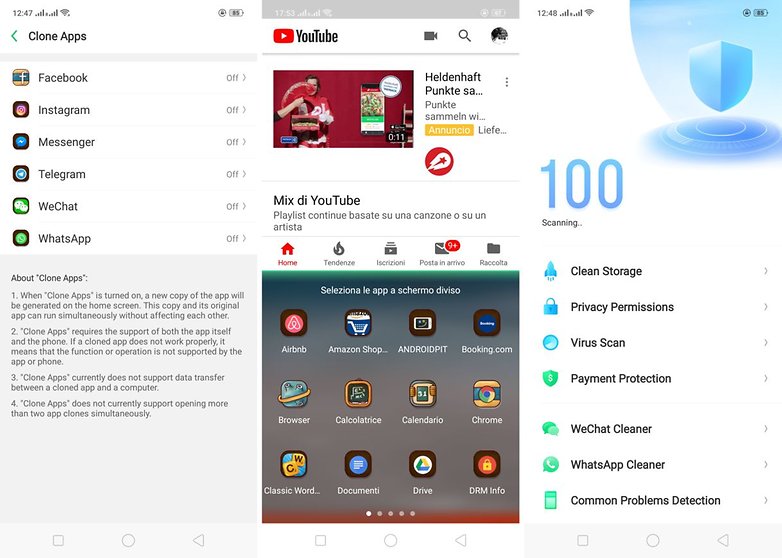
ColorOS is fluid, fast and pleasant to use . But we have to get used to it, even the settings are done quite differently than the competition. It's nice to see how OPPO has worked on it to offer a complete experience, but there's still some work to be done.
Some menu items aren't translated correctly, notifications can't be deleted with a quick swipe and then there's the problem of the system limiting the notifications to just 5 apps. This is a problem we already saw on the OPPO R15 and it's coming back again. You'll run out of apps quite quickly: Gmail, WhatsApp, Instagram, YouTube, Facebook... with others you'll have to check the notifications manually.
Snapdragon 845 guarantees powerful performance
The hardware components of the OPPO Find X also live up to a 2018 flagship: the Snapdragon 845 and Adreno 630 GPU are running inside the device, alongside 8GB of RAM and up to 256GB of internal memory for uncompromised performance. Qualcomm’s processor has already shown us that it can achieve excellent results and OPPO has also done a good job with the software optimization.
On the Find X everything runs smoothly. Even during the longest gaming sessions, the Find X doesn't show any signs of overheating. Only during the benchmark tests did the edges turn out to be warmer, but it wasn't anything limiting or worrying.
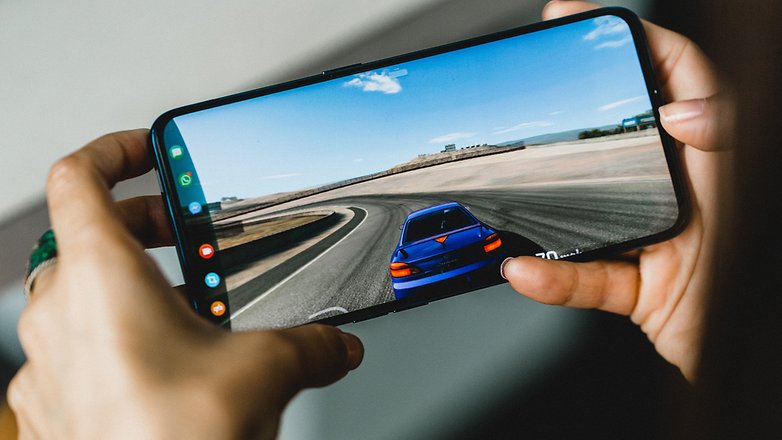
The Find X was a bit below other flagships with Snapdragon 845 and S9's Exynos 910, but performed better than the Huawei P20 Pro's Exynos 9810 and the older Snapdragon 835 integrated in the Pixel 2 XL (which is to be expected). It received more or less the same scores as its Qualcomm teammates. On paper you'll notice some differences with the Exynos 9810, which was the worst in 3D Mark's graphic performance tests. On the PassMark benchmark test, however, the Find X did better than Samsung's Note 9.
Clean sound but a poorly positioned speaker
The Find X offers a single speaker at the bottom left of the device. There's only one speaker, but it makes itself heard with high volume with clean sound .
The overall audio experience, whether gaming or playing music or videos, is good. But I have one problem: it's easy to cover the speaker with your hand while making a video call or playing a game.
It's easy to cover the speaker with your hand while gaming or when your smartphone is in landscape mode.
The Find X also incorporates an intelligence microphone capable of analyzing the level of environmental noise and adjust its performance accordingly, which improves the interaction with Google Assistant: it makes it easier to recognize the OK Google command.
Dual retractable camera and a 3D selfie camera
When you look at the Find X, it seems that OPPO has forgotten to implement one of the most important components in a smartphone, the cameras. Both the front and back sensor aren't visible because they're hidden inside the device.
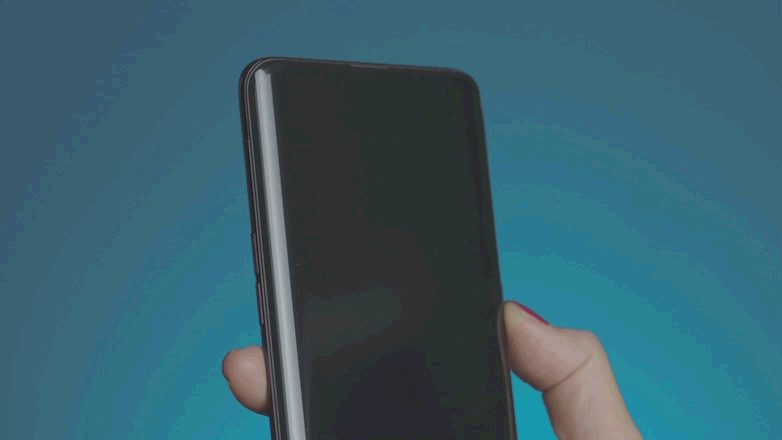
When you launch the camera app, the OPPO Find X reveals its dual camera that supports LED flash. The photo component consists of dual 20MP and 16MP sensors with an aperture of f/2.0. The Find X comes with an optical image stabilizer and OPPO has also mentioned artificial intelligence, which recognizes objects to optimize the results.
A 25MP lens with an aperture of f/2.0 is on the front. The camera can take pictures in 3D, which allows you to select different types of light. The Chinese manufacturer also launched Animoji, which has been renamed Omoji, but the concept is the same as what was already seen with Apple and then with Samsung. All in all, with a pop-up camera in front and on the back , the Find X seems promising in the photo department.
Curious what the photos taken by the Find X look like? You'll find all the details in our article dedicated to the Find X camera:
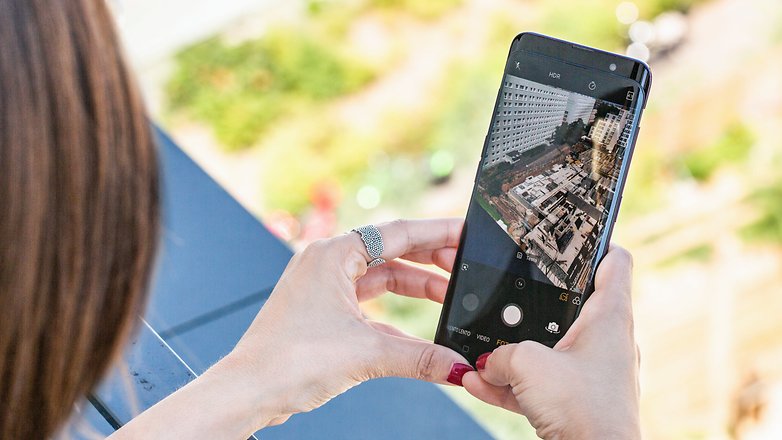
Built-in VOOC Flash Charge but no wireless charging
The Find X incorporates a 3750 mAh battery, which on the PC Mark battery test, obtain a result of 8 hours and 17 minutes (the test measures the time it takes for the device to go from 80 to 20% of charge). It's not a shocking result, but it's still good. With intensive use you can still get a day of autonomy out of it, and with moderate use, getting to the next day will be no problem.
The Find X received a result of 8 hours and 17 minutes on the PC Mark battery test.
For those of you who know OPPO, the VOOC Flash Charge Charging Technology isn’t a novelty and has also been integrated into the brand’s new flagship. The Find X hides a 3730 mAh non-extractable battery under its body, which can be charged in about 90 minutes. You can forget about wireless charging, the Find X doesn't come with it.
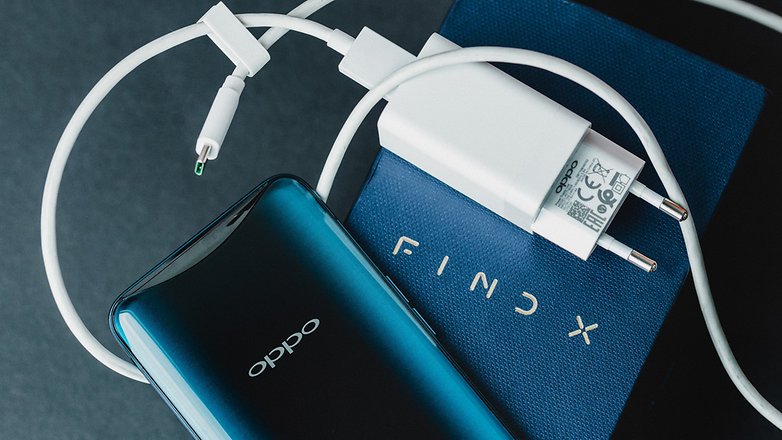
OPPO Find X technical specifications
Innovation that you have to pay for
There’s finally something new in the world of smartphones! OPPO is giving us an interesting design, an even more optimized display and a technical data sheet worthy of any other top-range device from 2018. It’s also strong on the software side, which is often the weak point of Chinese devices. OPPO does, however, have to keep working on it to solve some problems.
Although there is no waterproof certification and no mini jack for headphones (which is a limit for some people, but not everyone), the OPPO X supports Assistant, Google Lens and introduces an innovative retractable camera. Overall, the Find X is a true flagship with a few flaws.
Its biggest problem remains the price. Its not such a striking when you think about the prices for the iPhone X and Galaxy Note 9, but those brands are expensive because of their international notoriety. It will be interesting to see if the Find X will lowers its price tag a few months after its release, which would help the brand build a fan base!
What do you think of the OPPO Find X? Let us know in the comments!
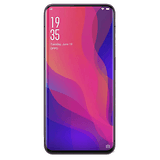






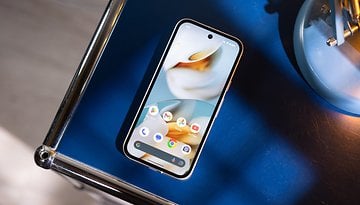
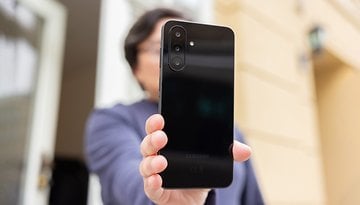
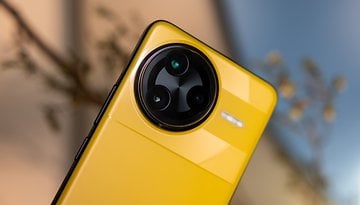
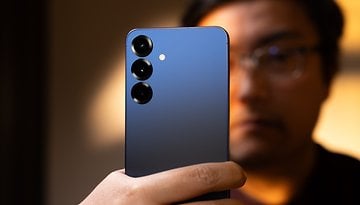










I own this device and this device is not certified as Widevine L1, it is only L3 and Netflix can only playback as SD quality only.
I don't want "cool", I want robust. Given I treat my phone with care, this pop up camera won't be a big deal if I were dumb enough to spend THAT kind of money for a "flashy" phone. but given how many horror stories I hear, and how I see people stuffing their phones into their pockets, I could see this camera popping up by itself from time to time and eventually if not that, dust, debris getting into the mechanism and stopping it. Then, your fancy phone is just a phone and not a camera. Nope, don't care for gimmicks like this....feel free if you do.
The pop-up feature is a very cool innovation. The only question I have is how durable will it be in the long haul? Dust, dirt & what about a day at the beach? Plus it don't come cheap! Will it be future proof with the jack in the box feature?
I don't see them cracking that top price market outside of Asia.
An interesting phone, but under that price there are much better options.